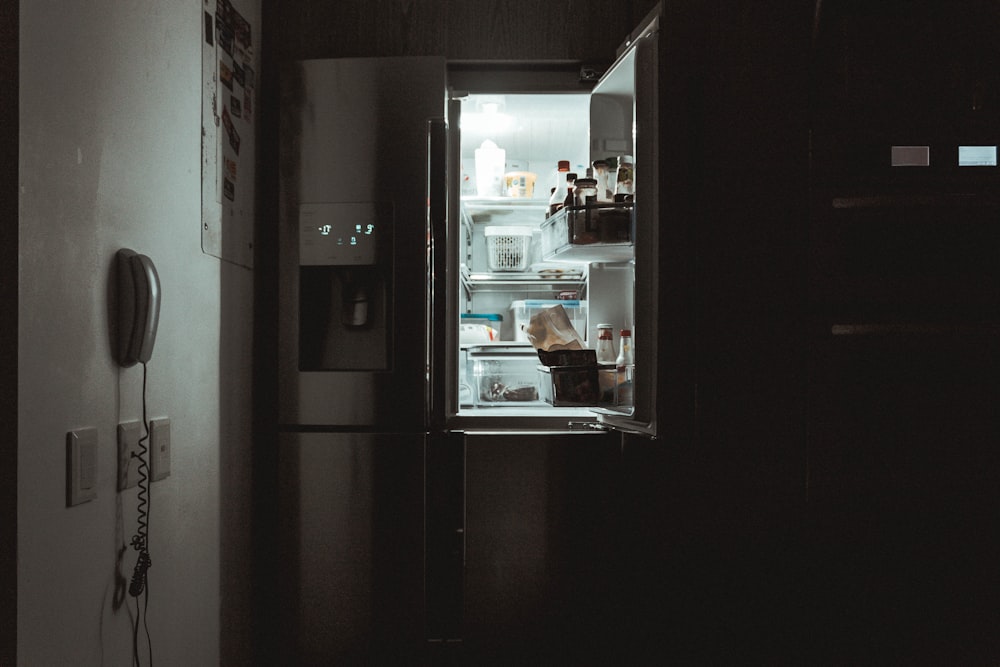How Long Does Water Take To Freeze?
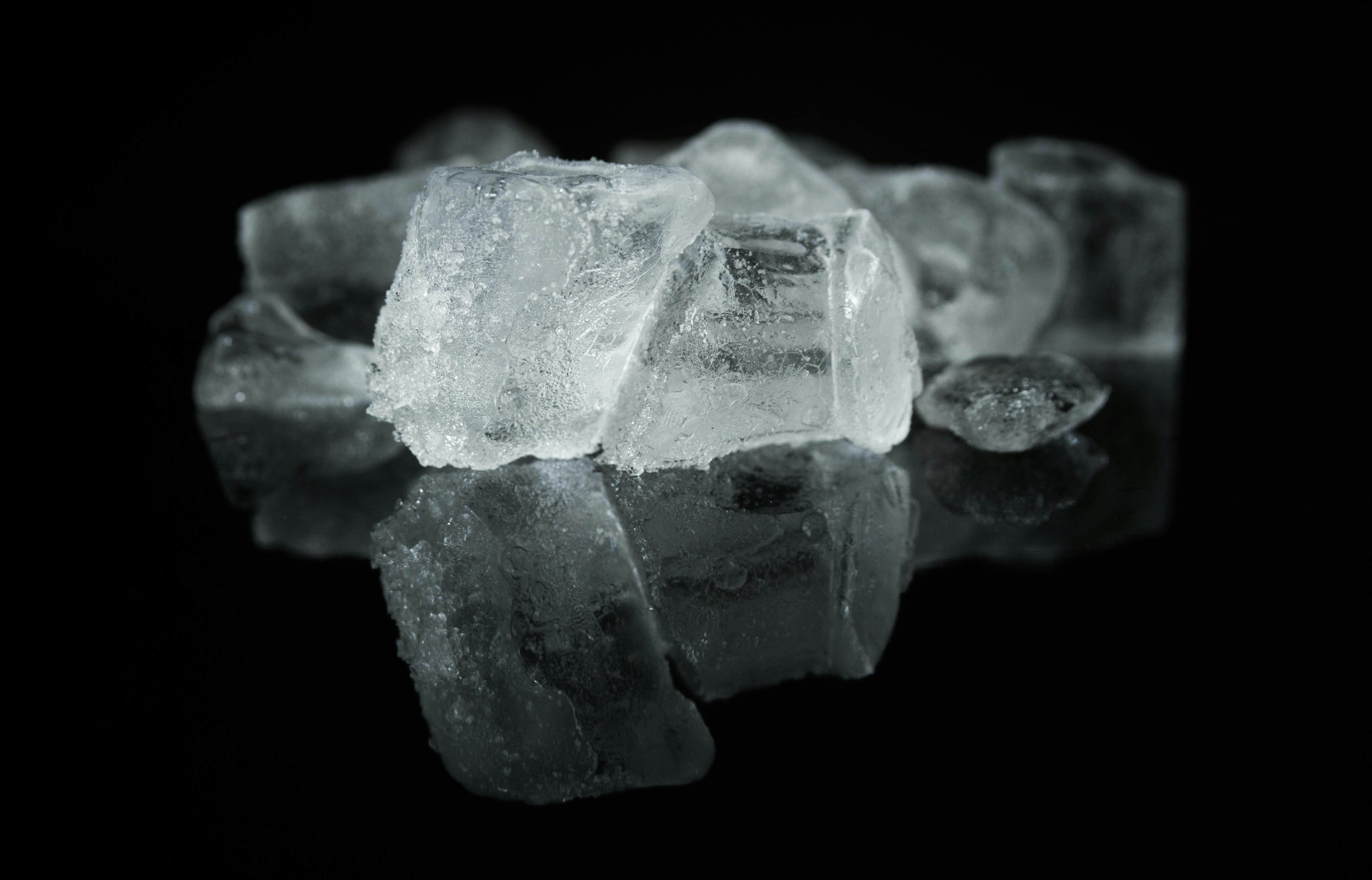
When preparing to serve a drink at a party or refresh yourself, you might wonder when it takes for ice cubes to freeze in an ice tray, a bottle of soda, or any other container. We will answer these critical questions here.
How much time must pass before water can be considered frozen? It takes around three to four hours of freezing average time at a temperature of zero degrees Fahrenheit for water to freeze in ice trays. To guarantee that the ice cubes will be solidified entirely after this period of time, you must ensure that the freezer remains closed. Considering that this freezing period is for a standard polycarbonate (PC) ice tray filled with tap water at room temperature, it is essential.
It takes more time to freeze more water.
One of the essential things about freezing water is that it takes longer to freeze larger volumes. This is because larger containers have fewer water molecules per cubic centimetre. So, if you want to freeze a lot of hot water, you might consider buying a bigger fridge. But, if you want to ensure you don't run out of frozen food, you'll probably want to buy a smaller separate one.
It takes longer to freeze more hot water because there are fewer atoms per cubic centimetre in a more extensive water volume. You can think of the number of particles per cubic centimetre as the number of ordinary people per square mile. If you live in Manhattan, New York City, many people live close together. There aren't many people living close together in San Francisco, California. Similarly, there are many more atoms per cubic centimetre near each other in a small space than in an ample space.
Freezing time of the different volumes of water

The freezing process is quite simple, but you must consider several factors. First, we need to know how much liquid we want to freeze. Then, we need to figure out the water capacity of the container. Moreover, soft water takes less time, whereas hard water takes more time to freeze. You can soften hard water as well, read our article to know more about it.
To compare and realize the difference, let's verify the length of the frost exposure process period for different capacities of liquid and see what happens during the entire process.
100-200 millilitres tanks of liquid will require nearly 3 hours before hardening completely, while one gallon will take about 24 hours.
However, other conditions must be taken into consideration. If the room temperature is too high, the ice could melt faster. If the temperature is too low, the freezing process will take longer.
Moreover, if you bought a new fridge and you just turned it on and want to calculate its freezing time for water, then you must wait for your new fridge to get cold enough.
Factor Influence The Time A Freezer Takes To Freeze Water
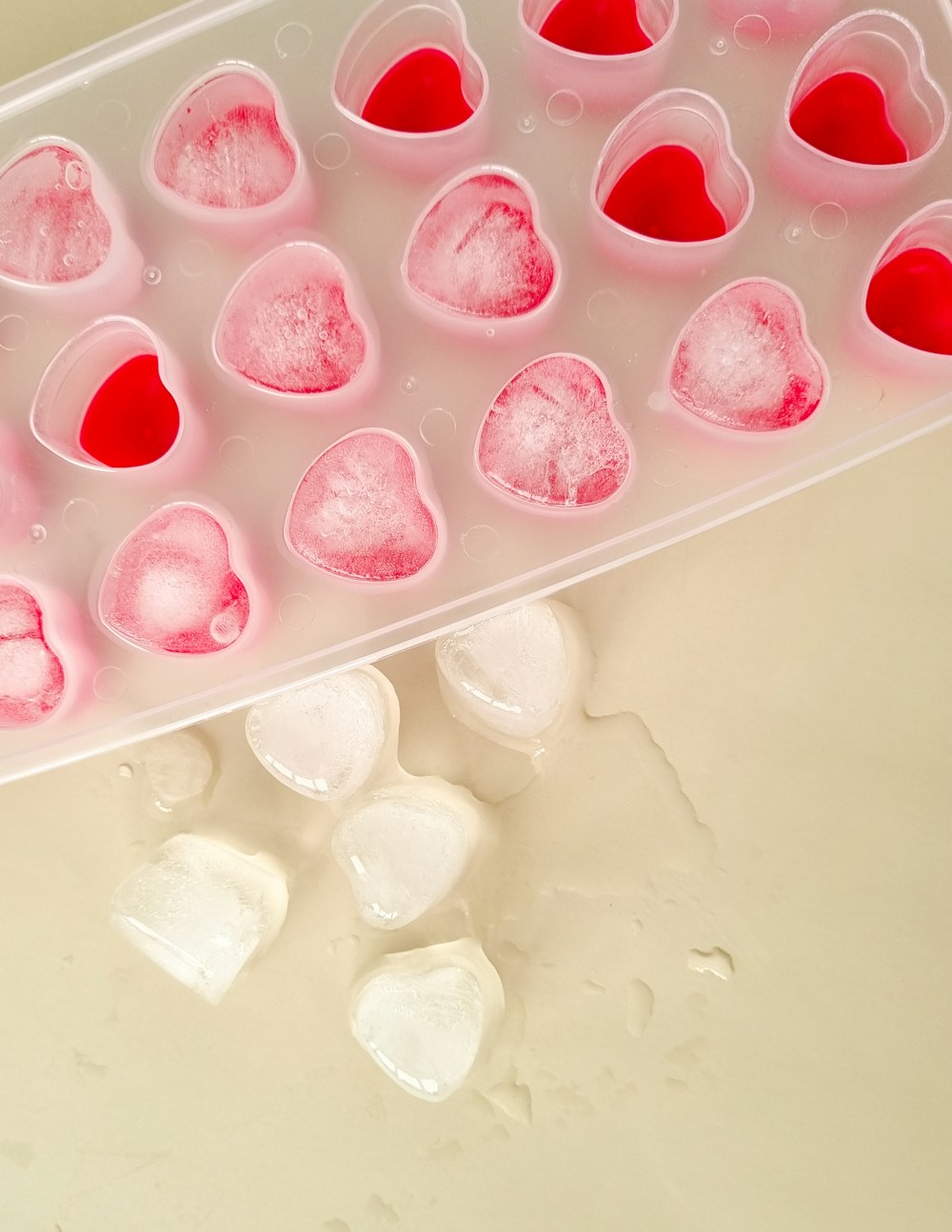
When you think about freezing hot water, you probably think about ice cubes. But there's much more to freezing water than just making ice cubes. Several things affect the speed of water hardening. And those things include:
- Water Temperature
- Freezer Temperature
- Air Pressure
- Humidity
- Wind Speed
So, let's look at each one of those factors.
1. Water Temperature
The first factor we need to address is the temperature of the water. If your powerful freezer has a thermostat, then you know that the temperature inside the freezer ice cube trays should be set to 0 degrees Fahrenheit. This means that if you want to freeze warm water, you'll have to adjust the freezer's temperature. You could also use a thermometer to measure the warm water's actual temperature and ensure that it stays below 32 degrees Fahrenheit.
2. Freezer Temperature
The second factor we need to discuss is that temperature of the freezer matters. As mentioned above, the freezer must be set to 0 degrees Celsius, which is -18 degrees Fahrenheit. If you don't have a freezer output, you can freeze cold water using a refrigerator. However, you'll have to keep the door open, so air can circulate through the fridge. This way, the refrigerator's temperature won't drop below 32 degrees Fahrenheit.
3. Air Pressure
The third factor we need to talk about is air pressure. To freeze cold water, you need to lower the pressure of the surrounding air temperature. This is done by opening the windows and doors of your home. If you live in a place where the weather is cold, you may want to close all the windows and doors to prevent heat from escaping.
4. Humidity
The fourth factor we need to discuss here is humidity. High humidity levels can slow the freezing water process because moisture will condense on the freezer's walls. So, if you're planning on freezing water, avoid storing food items near the freezer. Also, make sure that the freezer is not located in a humid area.
5. Wind Speed
The fifth factor we need to discuss in freezing water is wind speed. If you plan on freezing water, you'll want to ensure that the wind isn't blowing too hard. Otherwise, the wind will blow away the surface of ice crystal cubes as they form.
6. Freezer
Freezer chill is one of those things we take for granted. But it requires quite a few factors to work correctly. For example, if you buy a cheap freezer, chances are it won't be able to hold up against a high-end freezer. And even though you might think your freezer is keeping everything frozen, including your frozen water bottle, there could be some issues.
The first thing to know about standard freezer chill is that it's affected by many different variables. A lot of this depends on what type of freezer you're using. If you're looking into buying a new standard freezer, consider the following:
• Make - This refers to the brand name and the specific model number. You want to look for something that matches the quality of your current fridge.
• Model - Is it old enough to warrant a replacement? Will it fit where you'll be storing food? How much space does it take up?
• Condition - Does it have a compressor? Do you see signs of rust or mould? These are all critical questions to ask yourself.
• Temperature settings - Look at the range of temperatures your freezer offers. What are the lowest and highest settings? Also, check whether you can adjust the setting manually.
If you've already got an excellent standard home freezer, you probably don't need to worry too much about these things. However, if you've been having problems with freezing foods, you may need to upgrade to a better model.
Why does water not freeze equally fast in every freezer?
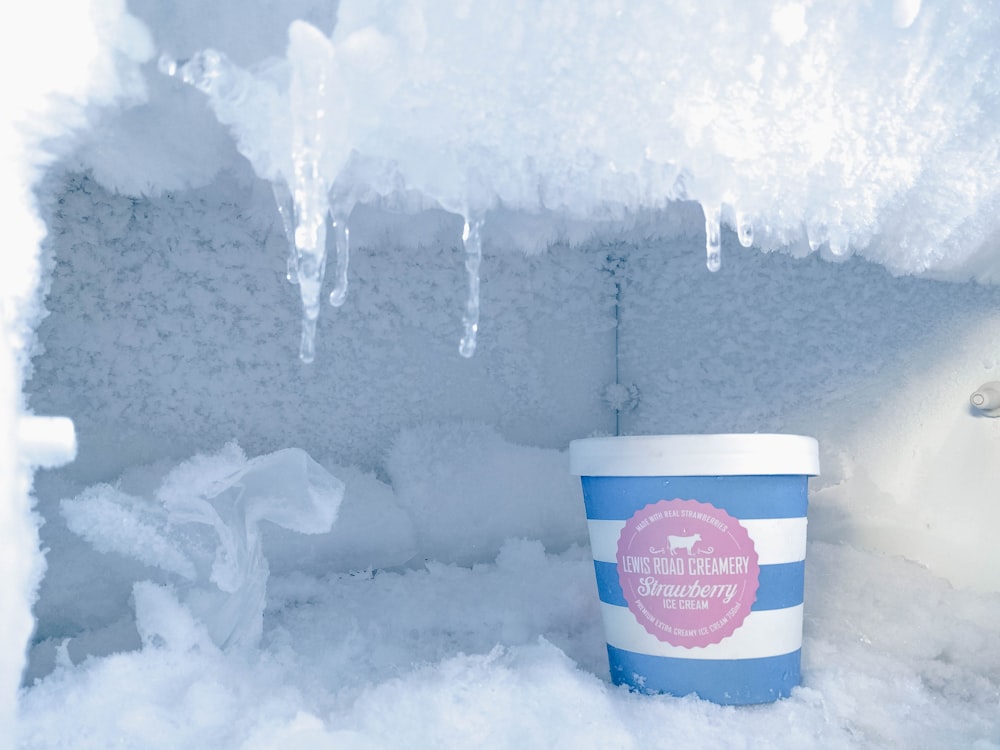
Freezing water is essential because you'll use it later on in life. However, freezing water isn't always easy. You might think that just putting ice cube trays into a glass of water would do the trick, but it doesn't work that way.
The reason is that the amount of space inside a freezer greatly determines how quickly liquid freezes. If you've ever used a deep freeze, you probably know what I'm talking about. When you open the door, the temperature inside the freezer drops dramatically. This causes the air around the food to cool down, too, and the colder air inside the freezer makes it harder for water to freeze.
The same thing happens even if you put ice cube trays directly into a water container. In both cases, the air surrounding the ice cubes gets more relaxed, and the ice cubes themselves start to melt. Once those ice cubes are melted, they no longer contribute to cooling down the surrounding area. As a result, the water freeze time won't be fast as it could otherwise.
To make matters worse, most freezers aren't designed well enough to keep the contents wholly frozen throughout the entire process. Instead, the foods tend to thaw out over time, which makes them less tasty. To avoid this problem, try stacking your items vertically rather than horizontally, and fill your freezer with smaller containers that hold more water.
Moreover, we have also reviewed the best mini table top freezer that you can buy in the UK.
How can we freeze water quicker in our freezer?
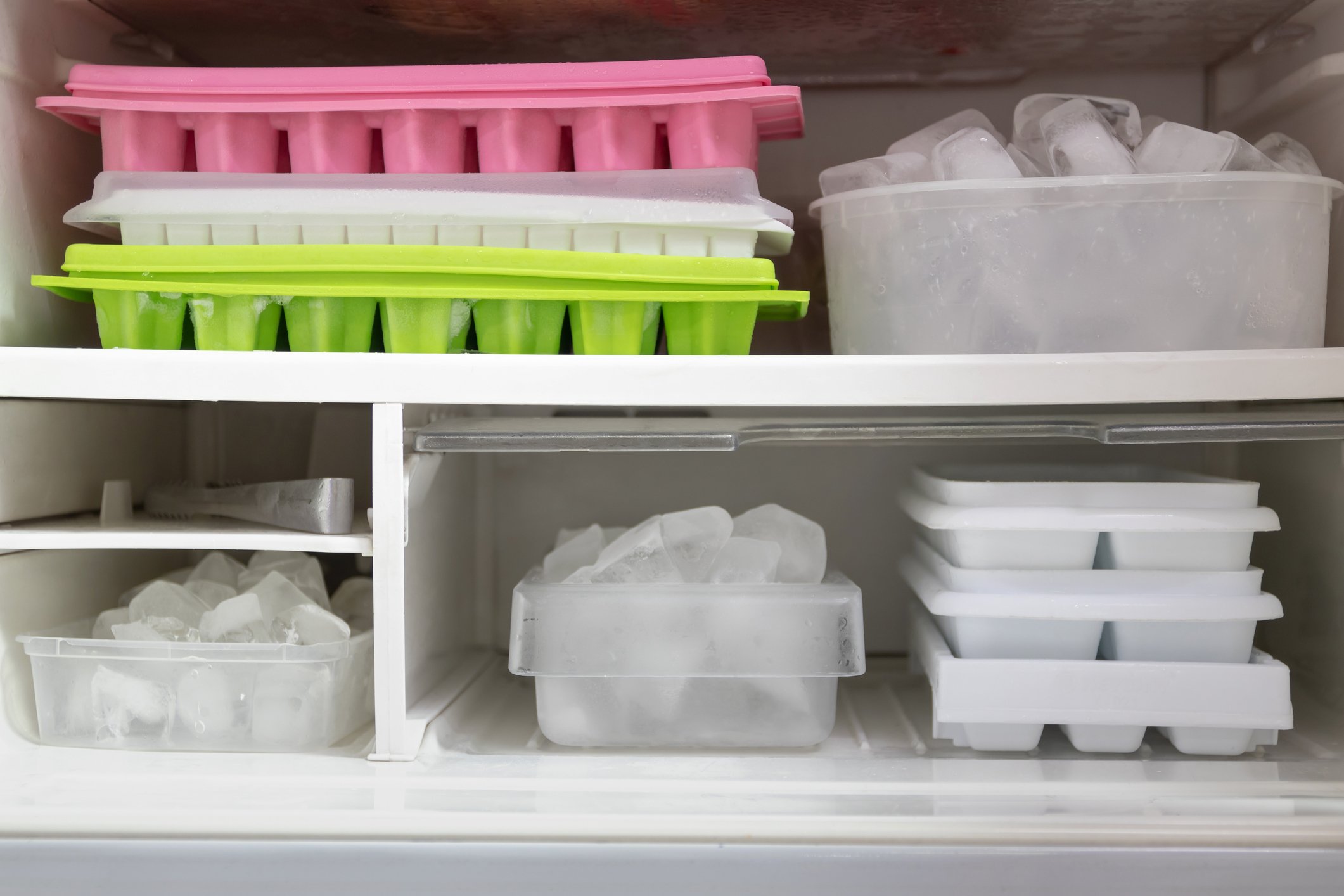
If you're hosting an event where you want everyone to enjoy some cold beverages, you know what happens next: you open the fridge and start searching for ice. While most people don't mind waiting for the ice to form, sometimes it takes longer than expected. And when it does, you might find yourself wondering why it took so long. Well, it turns out there are ways to help ensure that your drinks stay chilled for much longer.
The first step is to heat the cold water before putting it into the freezer. To do this, fill a pot with hot tap water and place it in the freezer. Once the water starts to cool down, you can put it into whatever containers you want to keep cold. For example, you could use mason jars to store the water. This way, you won't have to worry about accidentally spilling the contents.
Another thing you can try is to fill the freezer with items that already contain ice. When you add the water to the freezer, the ice will melt, causing the temperature to drop slightly. As a result, the water will begin to freeze. However, because the freezer contains ice, it will warm up again once the water starts to freeze. By adding the water to the freezer first, you can ensure that the water freezes straight away.
Finally, you can use the Mpemba Effect to your advantage. In 1964, Italian scientist Fausto Pecora noticed something strange while studying the growth patterns of plants. He found that certain things grow better when placed near other things growing slower. After further research, he discovered that the same phenomenon occurs in nature. Specifically, he observed that when one substance gets colder than another, the latter tends to freeze sooner.
In his experiments, Pecora found that when he added salt to the water, the water froze faster. Since then, scientists have used this concept to explain many different phenomena. One example is when you pour boiling water onto a cup of coffee. The coffee doesn't immediately scald you. Instead, the steam causes the coffee to chill and slow down the liquid water flow, allowing you to drink without burning yourself.
So if you want to ensure that your bottle of water stays cold for longer, follow these tips.
Contents
- 1 How Long Does Water Take To Freeze?


